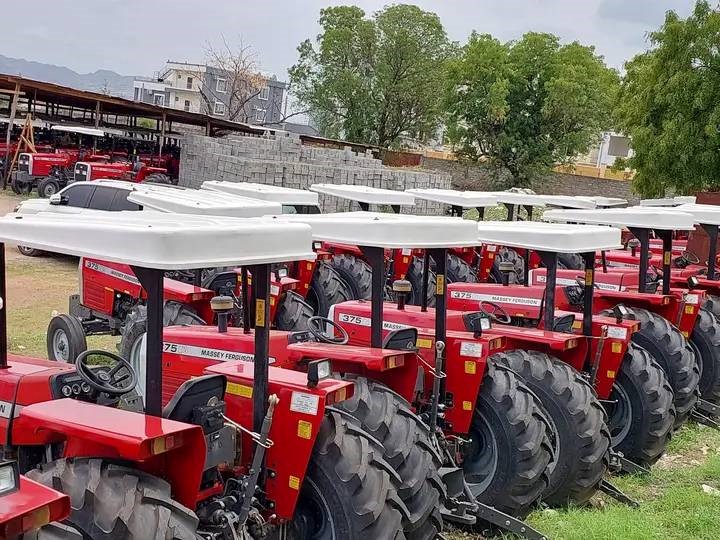
The Government of South Sudan is urging young people across the country to organize themselves into agricultural cooperatives in order to benefit from government-supplied tractors aimed at boosting food production and reducing dependency on food imports.
Minister of Agriculture and Food Security, Hussein Abdelbagi Akol, made the appeal on Wednesday during the launch of Plan International’s Five-Year Country Strategy (2025–2030) in Juba.
He emphasized that youth-led farming groups will play a vital role in the country’s agricultural transformation.
“I am ready to support youth groups. The tractors we acquired are meant to help those who are organized and committed to farming,” Minister Abdelbagi said. “If youth form cooperatives, we will provide them with tractors to strengthen their agricultural efforts.”
He further announced that school-based farming initiatives would also be prioritized as part of a broader national agricultural strategy.
“This year, I am advocating for farming in schools. We want schoolchildren and youth groups to actively participate in agriculture. This will not only contribute to national food security but also teach practical skills,” he added.
While the minister did not disclose the number of tractors to be allocated to youth cooperatives or the total number of beneficiaries, he reiterated that involving young people and learners in farming could increase food production and help schools become more self-reliant.
The appeal comes after the government procured 104 tractors in April 2025 to scale up domestic food production.
The tractors, delivered by Aditya International Company, were officially received by Minister Abdelbagi in Juba.
President Salva Kiir has also placed agriculture at the center of the government’s 2025 development agenda. In his New Year’s address, he directed the Ministry of Roads and Bridges to rehabilitate key roads linking the capital, Juba, to major farming areas in Western Equatoria State.
“To enhance our food security, the government will prioritize agriculture in 2025,” Kiir said. “The Ministry of Agriculture must intensify its support to farmers, while the Ministry of Roads and Bridges must upgrade roads to ensure farmers can access markets.”
President Kiir also directed the Ministry of Defense to provide adequate security along major roads and rivers by removing illegal checkpoints and ensuring safe passage for farmers and traders.
By mobilizing youth and investing in agricultural infrastructure, the government aims to promote self-reliance, reduce food imports, and stimulate economic growth through agriculture.

